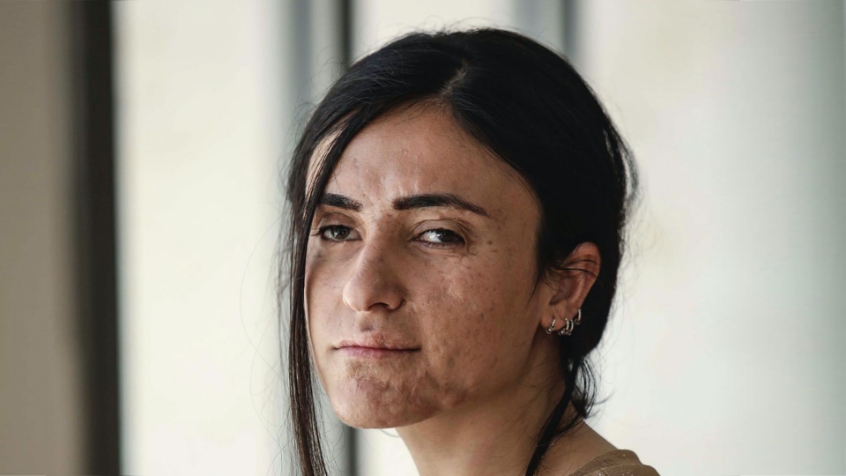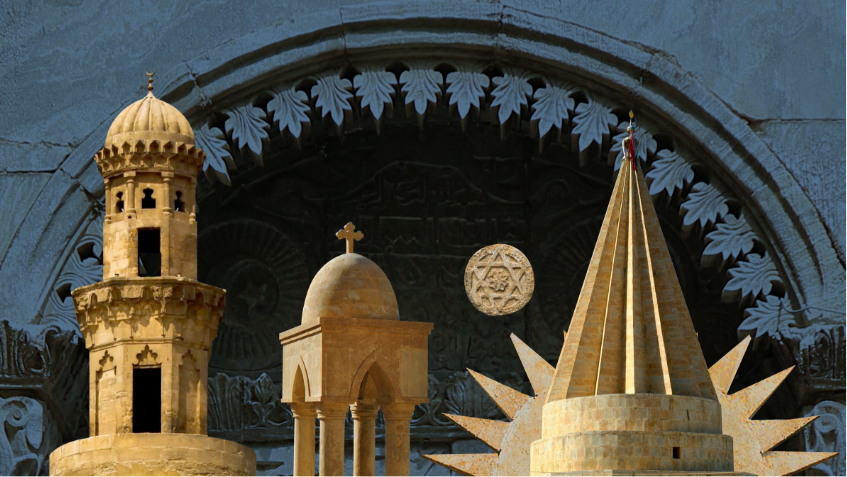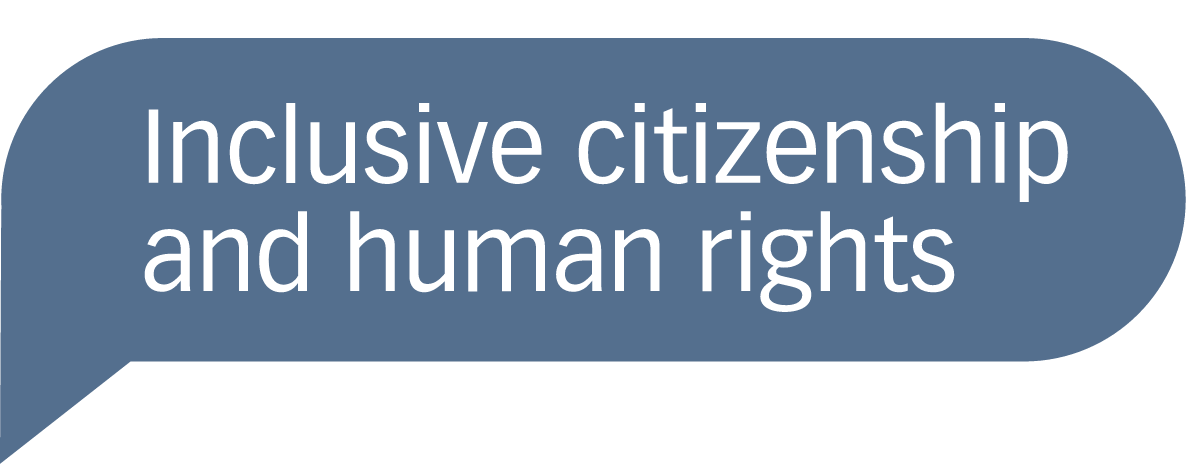This article uses sounds and videos
More than 500,000 Muslims in Assam are in danger of losing their Indian citizenship
Women have been particularly affected.
Many have been removed from the National Register of Citizens due to technicalities, such as discrepancies in the spelling of names and addresses.
Despite serving twenty years in the Indian Air Force, Sadaullah Ahmed was excluded from the National Register of Citizens because of minor discrepencies in the spelling of his father’s name.
Women have been disproportionately affected by the new identification requirements. There are still many barriers to full gender equality in India, with women experiencing lack of education and employment opportunities. Due to early marriage, women are unable to prove ancestral lineage, which is one of the requirements to prove citizenship.
Additionally, construction of detention centre with capacity of 3,000 is nearly completed and state government have proposed construction of 10 more detention centres.
Millions of people around the world are stateless. Statelessness can severely limit one’s ability to travel, work, own property, get an education, receive medical attention, open a bank account, or vote, among other things.
See these videos about the Citizen Amendment Act
Learn more
More information about Diversity and Human rights
More video stories
These video and photo stories include learning materials for use in education.

Bali
Unity
Bali deal with religious diversity both in the community and within a family
Available languages
English | Melayu | Bahasa Indonesia
For educators
Find more resources on education about diversity here
Contributors and sponsors
Thanks for financial support from the Norwegian Ministry of Foreign Affairs

Thanks to our partners and contributors, including:







You must be logged in to post a comment.